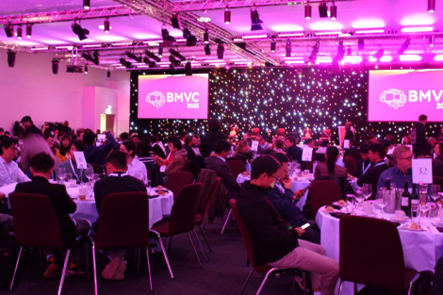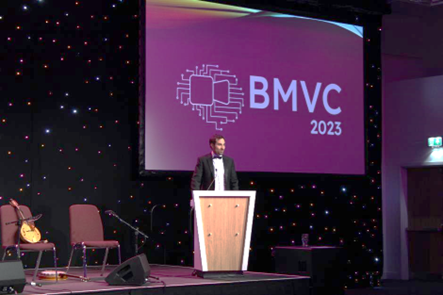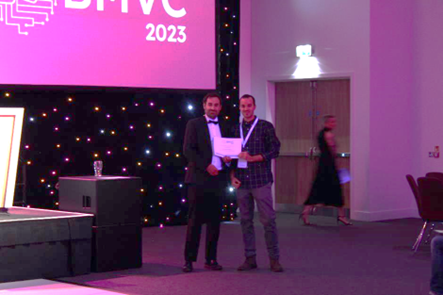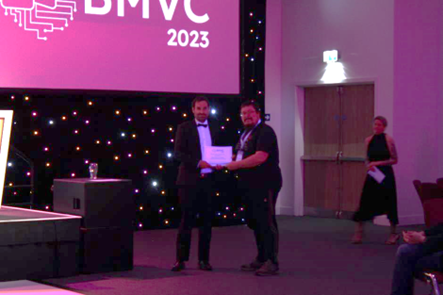The Sullivan Doctoral Thesis Prize
Overview
The Sullivan Thesis Prize celebrates early stage researchers working in the field of computer vision and related areas in the United Kingdom. The prize will be presented at the annual British Machine Vision Conference (BMVC) conference dinner. The prize fund is provided by the British Machine Vision Association (BMVA) to commemorate the contribution made by the late Professor Geoff Sullivan.
Acceptance Criteria
We welcome submissions from anyone who has submitted their PhD thesis at a university in the United Kingdom within the 2024 academic year. Any topic that is applicable under the current BMVC call for papers is valid.
Submission
Candidates should submit:
- Short summary (max 500 words) of the contributions made during their PhD
- Digital copy of their completed PhD Thesis.
If available, it is recommended that the external examiner(s) report for the Thesis is also included, which can either be post-viva or post-corrections (preferred). [Optional] Candidates may also provide additional supporting evidence, which may include but is not limited to:
- Up to 3 accepted paper(s) as first author (or equal contributor)
- Blog post(s)
- Conference poster(s)
- Details of External talks (e.g. conferences)
- Profile page(s) on Google Scholar, ResearchGate etc.
- Report from an industrial placement
- Endorsement from either an academic or industrial supervisor
- Demos
Please submit evidence in PDF format, or provide an accessible link. If any of the evidence is confidential please get permission before submitting.
Submissions should be made using CMT: https://cmt3.research.microsoft.com/SullivanThesisPrize2024.
Submission deadline: 13 September 2024
Award process
After the submission deadline, each application will be assessed by a panel of experts from academia and industry. Applications will be marked across a broad range of criteria including originality, academic/industrial impact, breadth and depth.
Any Questions?
Please email Sullivan Thesis Prize Chairs at Dr Alex Mackin.
Previous Award Winners Photos
<  <
< 


Previous winners
Regulations
-
The prize of £750 is considered for presentation annually for the best doctoral thesis.
-
Submissions must be in the broad areas of computer vision, including computational studies of natural vision.
-
The submission period is by calendar year.
-
Valid submission dates are based on the date of the successful viva voce exam, as evidenced by the signed examiners’ reports.
-
Submissions must be in electronic form. The thesis must first be submitted into the thesis archive. Other submission materials should be emailed to the BMVA Chair.
-
Accompanying the thesis should be a supporting statement from the research supervisor and a recommendation from the external examiner, including the examiner’s report. These should be in PDF form.
-
Each submission will be assessed by independent reviewers who will be appointed by the selection panel.